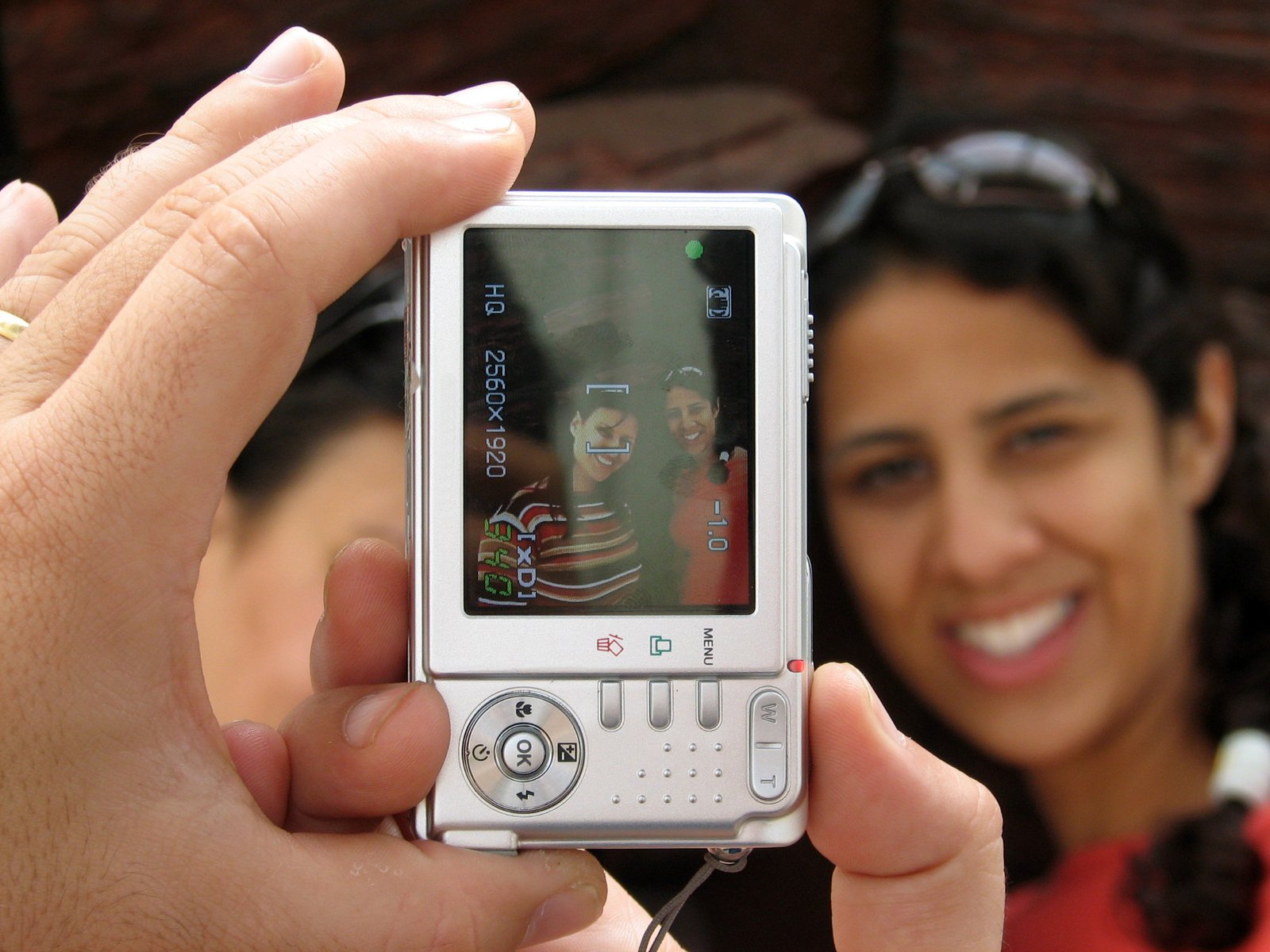
 Summary: A so-called 'phone' (or 'smart' phone) with Linux under the bonnet isn't freedom; it's a branding war being won, but principles are being abandoned
Summary: A so-called 'phone' (or 'smart' phone) with Linux under the bonnet isn't freedom; it's a branding war being won, but principles are being abandoned
THE concept of phone 'ownership' does not appeal to me personally because many so-called 'phones' do more against their users (so-called 'owners') than they do for them, albeit it's thinly disguised as "national security" or "in case of an emergency..."
"I still use a PDA and it's never connected to the Internet (it has no support for that, it was made 18 years ago)."We've recently seen a large bunch of PDAs or handheld consoles with GNU/Linux on them, sometimes with a keyboard too. Those are very nice. I still use a PDA and it's never connected to the Internet (it has no support for that, it was made 18 years ago). But we also see a bunch of GNU/Linux-powered 'phones' being promoted heavily (the latest is "Pro1 X" with a scientific-sounding brand) although they inherently harm privacy, no matter how one uses them (unless the battery is removed at all times).
"If we want real freedom and if we value "tech rights" (rights like privacy), we should strive for GNU/Linux (or BSD) everywhere... but do we want just loads of so-called 'phones'?"Landlines still work in general. There may be places where those aren't possible to have anymore, but in the Western world they're quite a universal feature of every home because that's integrated with wired connectivity (including Wi-Fi from the router/hub outwards).
If we want real freedom and if we value "tech rights" (rights like privacy), we should strive for GNU/Linux (or BSD) everywhere... but do we want just loads of so-called 'phones'? Android already runs Linux (GPL), but it's a surveillance machine. Little is known about how Google processes every piece of data extracted from Android (it was learned some years ago that Google pulls plenty of data from Android devices overnight).
"Aim high, get something meaningful... maybe."Wanting "Linux to win" is understandable because us activists-advocates have been dreaming about it for decades. But a world dominated by "Linux" alone isn't guaranteed to usher in freedom, as we've been warning for years. The Linux Foundation (LF) became little but a front group of monopolies -- that much is very easy to see -- but taking note of this new interview ("Torvalds says no need to name successor as that will take care of itself"), as an associate of ours just did, we should remember that GAFAM took over Linux in the same way it took over Python. “It looks like LF is making Linus [Torvalds] do the career equivalent of dig his own grave, read a prepared statement of support for the current regime, and then stand in it while they shoot him,” our associate wrote. They almost literally kill the "community" element of GNU/Linux; Red Hat (IBM) does that to GNU and it's no secret that LF basically killed/kicked out anything resembling "community" years ago (we wrote a number of articles about that last year).
We need to think "bigger" (or further) than "let's get rid of Microsoft" because even when Microsoft goes away -- as every company eventually does -- we still won't have freedom (for that matter, moving from GitHub to GitLab is often like swapping prison cells as few self-host). We're not really accomplishing the goals as set/put forth in the GNU Manifesto. Not the way things are going at the moment...
Aim high, get something meaningful... maybe.
Aim low, get something meaningless... like "Open Source has won" meaning "Microsoft has subsumed everything in GitHub." (Including the OSI itself) ⬆
"The Internet? We are not interested in it."
--The 'visionary' Bill Gates in 1993